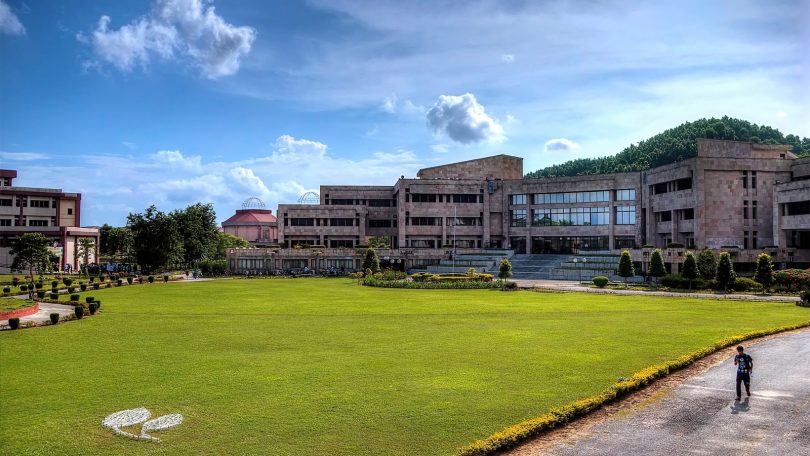[ad_1]
To find an efficient process of deriving value-added products from organic waste, the Indian Institute of Technology, Guwahati researchers have devised a biodegradation technique that addresses the issues of waste management.

According to a press release by IIT Guwahati, researchers from the Waste Management Research Group (WMRG) at the institute led by Prof Ajay S Kalamdhad worked out a two-stage biodegradation technique that can help the municipal corporations manage the organic waste collected.
The technique combines Rotary Drum Composting with Vermicomposting (RDVC) which results in an efficient and environmentally friendly process and enables municipal corporations to derive value-added products from organic waste.
Also Read: IIT Kanpur joint study on cost-effective alloy for energy storage gets recognised
“We optimized the Rotary Drum Composting technique and combined it with vermicomposting to reduce the duration of biodegradation. The earthworms, Eisenia fetida, can acclimatise faster to partially degraded organic matter from the drum compost and produce vermicompost in just 27 days,” said Prof Ajay S Kalamdhad, Department of Civil Engineering, IIT Guwahati.
This novel two-stage biodegradation technique can convert diverse organic feedstocks into nutrient-dense compost within just 20 days. Other biodegradation techniques would require 2-3 months. However, the limitation of RDC is inferior compost quality, mentioned the official press release.
To conduct the experimental verification of the technique, a 5000-litre RDC unit and a 3000-litre stack vermicomposting unit were established to study the large-scale effect of the process, with the horticulture waste collected on the IIT Guwahati campus. At the end of the study, 100 to 150 kg of vermicompost was produced within a month from 250 to 300 kg of daily waste fed.
The findings of the study which is co-authored by Suryateja Pottipati and Prof Ajay S. Kalamdhad have been published in multiple research papers in the Journal of Biomass Conversion and Biorefinery, Journal of Environmental Management, Bioresource Technology and Waste Management among others, informed IIT Guwahati.
The produced product has been marketed as Mati Dhan Organic Vermicompost Fertilizer Manure for Plants on Amazon and INDIAMART, mentioned the press release.
[ad_2]
Source link








